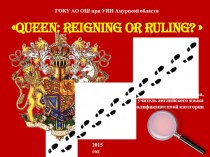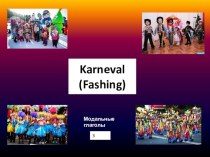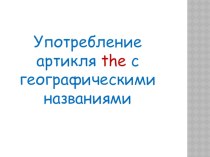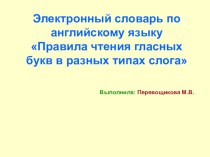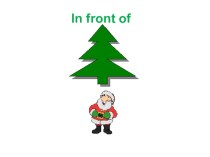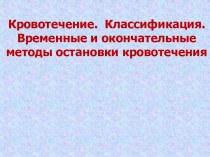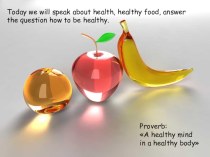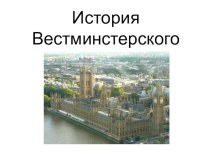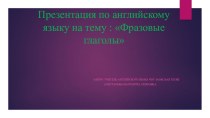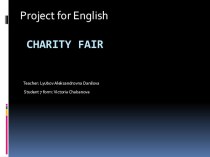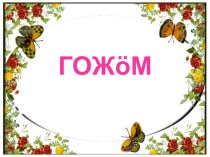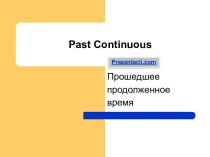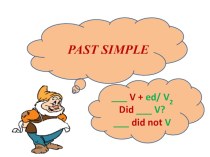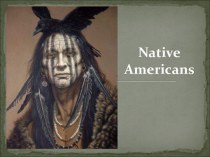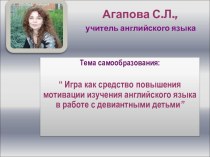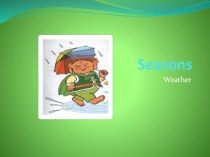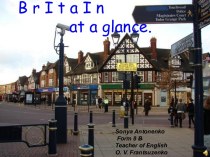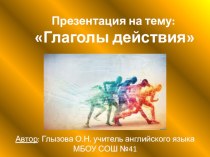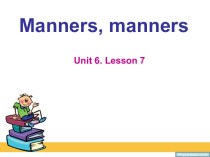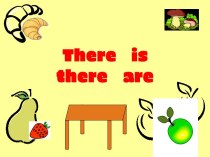- Главная
- Разное
- Бизнес и предпринимательство
- Образование
- Развлечения
- Государство
- Спорт
- Графика
- Культурология
- Еда и кулинария
- Лингвистика
- Религиоведение
- Черчение
- Физкультура
- ИЗО
- Психология
- Социология
- Английский язык
- Астрономия
- Алгебра
- Биология
- География
- Геометрия
- Детские презентации
- Информатика
- История
- Литература
- Маркетинг
- Математика
- Медицина
- Менеджмент
- Музыка
- МХК
- Немецкий язык
- ОБЖ
- Обществознание
- Окружающий мир
- Педагогика
- Русский язык
- Технология
- Физика
- Философия
- Химия
- Шаблоны, картинки для презентаций
- Экология
- Экономика
- Юриспруденция
Что такое findslide.org?
FindSlide.org - это сайт презентаций, докладов, шаблонов в формате PowerPoint.
Обратная связь
Email: Нажмите что бы посмотреть
Презентация на тему Описание мастер-класса: 105 сонет В. Шекспира на уроке английского языка (конкурс Учитель года, 2019)
Содержание
- 3. The Droeshout portrait is a depiction of
- 4. What do you know about the life
- 6. Sonnet 105 by William Shakespeare at English lesson
- 7. Now I want you to match the
- 8. You are going to read the text.
- 9. Biblical allusion is a stylistic device which
- 10. Here is the glossary:idolatry – worship of
- 11. Listen to the sonnet 105 by Shakespeare.
- 12. Take the translations of this sonnet. Here
- 13. Моя любовь не идолам служенье.Любимого не называй
- 14. Язычником меня ты не зови,Не называй кумиром
- 15. Моя любовь не знает поклоненья, Она не
- 16. Sonnet CV
- 17. Now, I want you to be divided
- 18. Скачать презентацию
- 19. Похожие презентации
Which of these portraits is a true one?
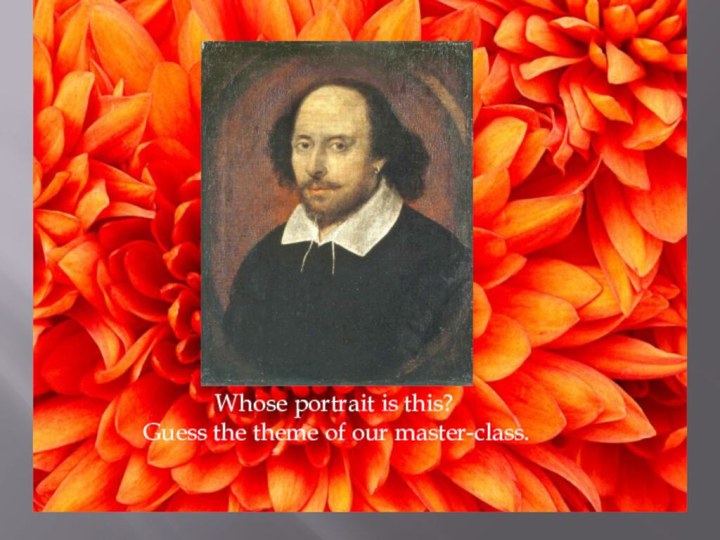


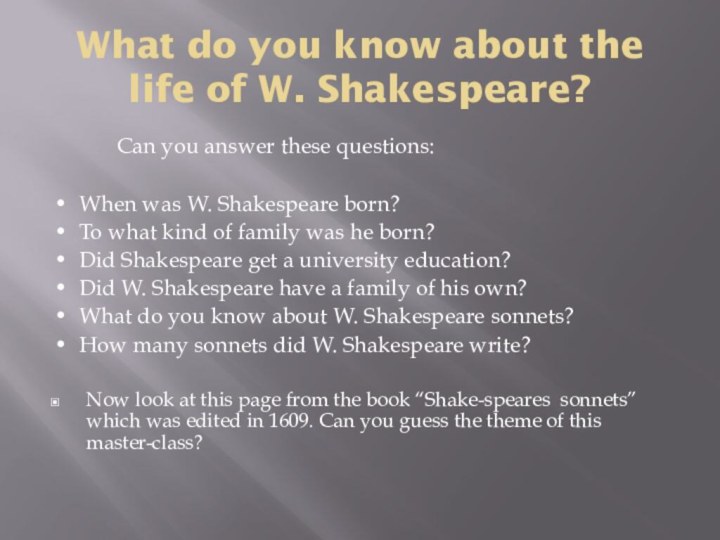
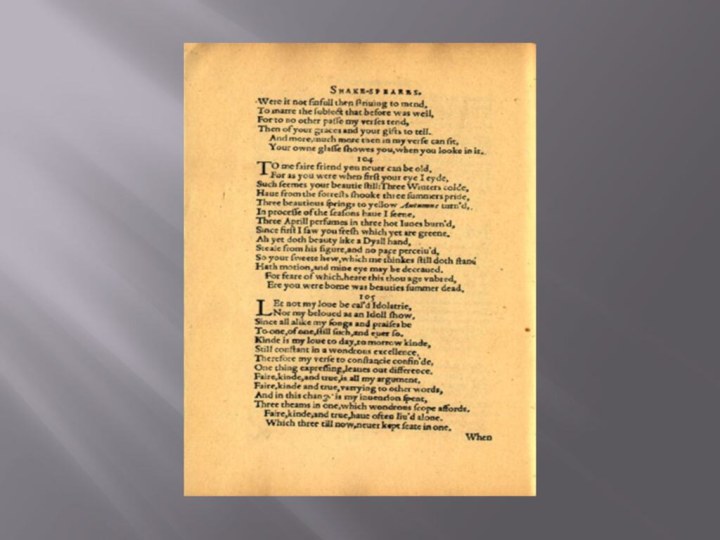



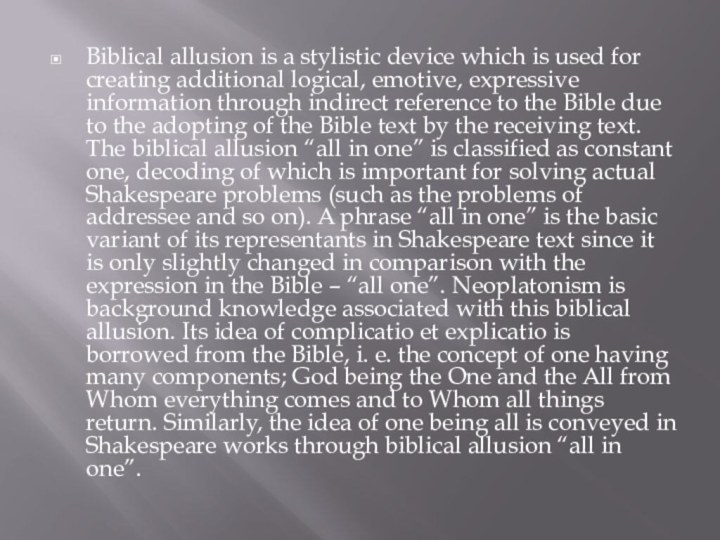
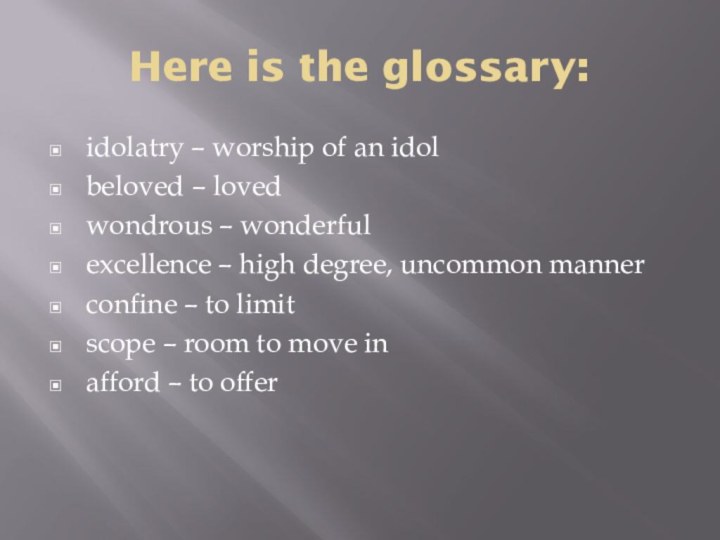


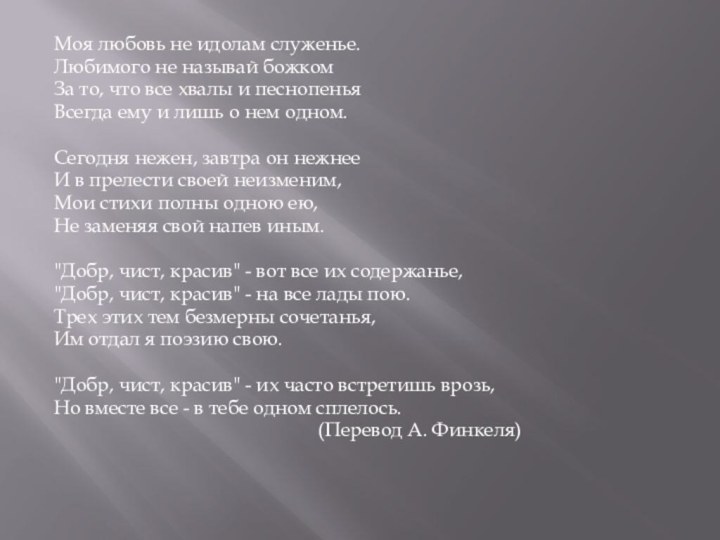
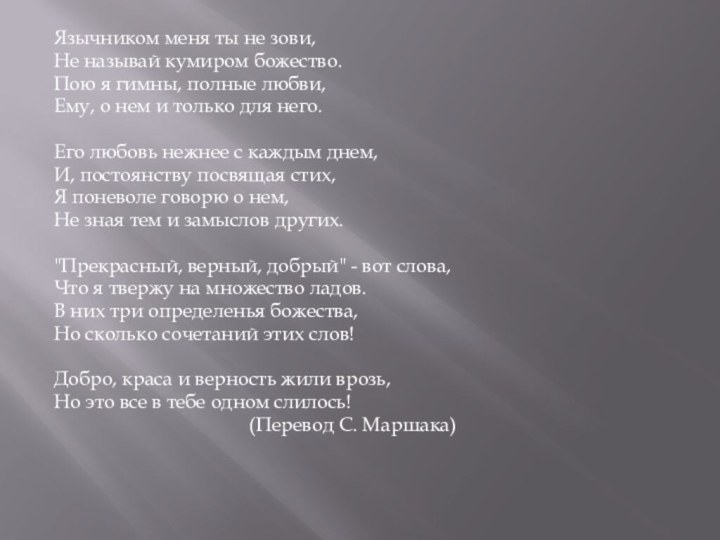
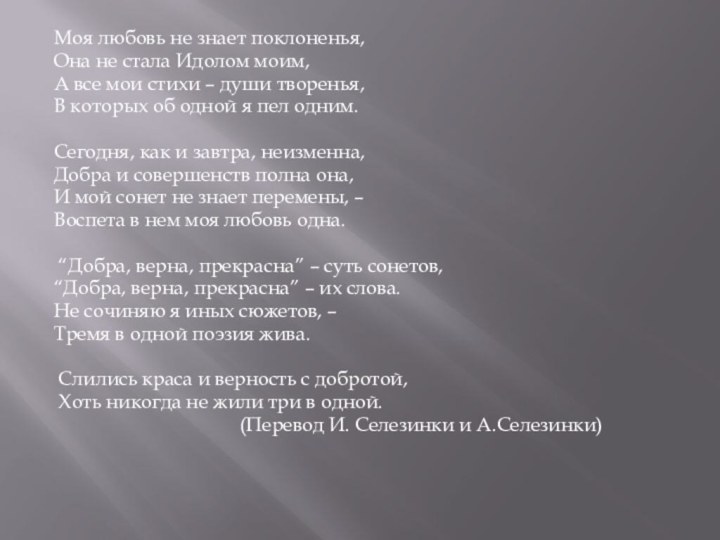
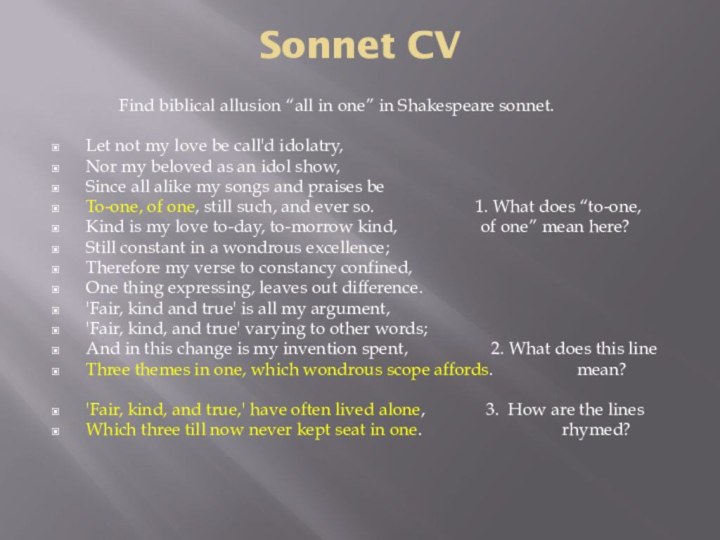
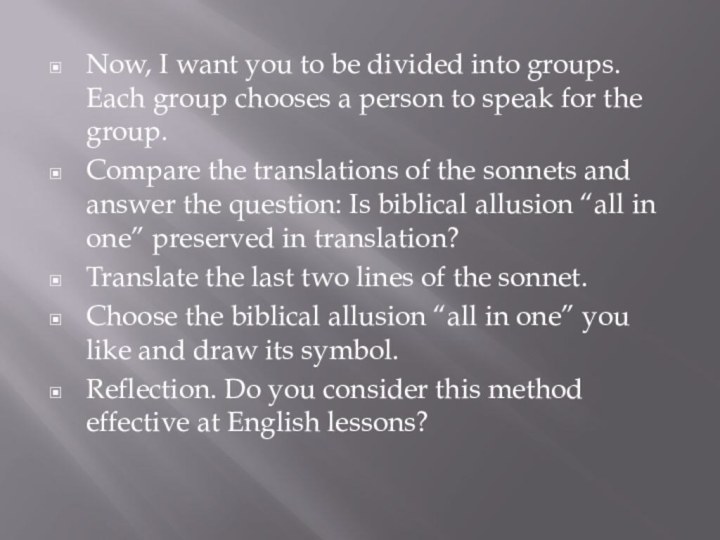

Слайд 3 The Droeshout portrait is a depiction of William
Shakespeare engraved by Martin Droeshout as the frontispiece for
the title page of the First Folio collection of Shakespeare's plays, published in 1623.Слайд 4 What do you know about the life of
W. Shakespeare?
Can you answer
these questions:• When was W. Shakespeare born?
• To what kind of family was he born?
• Did Shakespeare get a university education?
• Did W. Shakespeare have a family of his own?
• What do you know about W. Shakespeare sonnets?
• How many sonnets did W. Shakespeare write?
Now look at this page from the book “Shake-speares sonnets” which was edited in 1609. Can you guess the theme of this master-class?
Слайд 7
Now I want you to match the words
with the definition. Some words and concepts may be
unfamiliar to you.1) biblical allusion,
2) background,
3) concept,
4) to convey,
5) reference,
6) constant,
7) representant,
8) decode
a) a general notion or idea;
b) a direction of the attention to a passage elsewhere or to another book, document, etc;
c) not changing or varying; uniform; regular; invariable;
d) to express;
e) to translate (data or a message) from a code into the original language or form;
f) someone who acts on behalf of another;
g) the conditions that form the setting within which something is experienced;
h) a stylistic device which is used for creating additional logical, emotive, expressive information through indirect reference to the Bible
Слайд 8 You are going to read the text. Sometimes
it is necessary to ignore unknown words and let
yourself follow the text trying to get at the meaning based on the whole text. Then you answer the comprehension check question.I defended a thesis “Biblical allusions in Shakespeare works” and used the results of my scientific research at English lessons. Read the text about biblical allusion. Explain what the phrase “all in one” means?
Слайд 9 Biblical allusion is a stylistic device which is
used for creating additional logical, emotive, expressive information through
indirect reference to the Bible due to the adopting of the Bible text by the receiving text. The biblical allusion “all in one” is classified as constant one, decoding of which is important for solving actual Shakespeare problems (such as the problems of addressee and so on). A phrase “all in one” is the basic variant of its representants in Shakespeare text since it is only slightly changed in comparison with the expression in the Bible – “all one”. Neoplatonism is background knowledge associated with this biblical allusion. Its idea of complicatio et explicatio is borrowed from the Bible, i. e. the concept of one having many components; God being the One and the All from Whom everything comes and to Whom all things return. Similarly, the idea of one being all is conveyed in Shakespeare works through biblical allusion “all in one”.
Слайд 10
Here is the glossary:
idolatry – worship of an
idol
beloved – loved
wondrous – wonderful
excellence – high
degree, uncommon mannerconfine – to limit
scope – room to move in
afford – to offer
Слайд 12 Take the translations of this sonnet. Here are
the lines of the sonnet in English. They are
jumbled up. Can you put them in the correct order?
Слайд 13
Моя любовь не идолам служенье.
Любимого не называй божком
За
то, что все хвалы и песнопенья
Всегда ему и лишь
о нем одном.Сегодня нежен, завтра он нежнее
И в прелести своей неизменим,
Мои стихи полны одною ею,
Не заменяя свой напев иным.
"Добр, чист, красив" - вот все их содержанье,
"Добр, чист, красив" - на все лады пою.
Трех этих тем безмерны сочетанья,
Им отдал я поэзию свою.
"Добр, чист, красив" - их часто встретишь врозь,
Но вместе все - в тебе одном сплелось.
(Перевод А. Финкеля)
Слайд 14
Язычником меня ты не зови,
Не называй кумиром божество.
Пою
я гимны, полные любви,
Ему, о нем и только для
него.Его любовь нежнее с каждым днем,
И, постоянству посвящая стих,
Я поневоле говорю о нем,
Не зная тем и замыслов других.
"Прекрасный, верный, добрый" - вот слова,
Что я твержу на множество ладов.
В них три определенья божества,
Но сколько сочетаний этих слов!
Добро, краса и верность жили врозь,
Но это все в тебе одном слилось!
(Перевод C. Маршака)
Слайд 15
Моя любовь не знает поклоненья,
Она не стала
Идолом моим,
А все мои стихи – души творенья,
В которых об одной я пел одним.
Сегодня, как и завтра, неизменна,
Добра и совершенств полна она,
И мой сонет не знает перемены, –
Воспета в нем моя любовь одна.
“Добра, верна, прекрасна” – суть сонетов,
“Добра, верна, прекрасна” – их слова.
Не сочиняю я иных сюжетов, –
Тремя в одной поэзия жива.
Слились краса и верность с добротой,
Хоть никогда не жили три в одной.
(Перевод И. Селезинки и А.Селезинки)
Слайд 16
Sonnet CV
Find biblical allusion “all in one” in Shakespeare
sonnet.Let not my love be call'd idolatry,
Nor my beloved as an idol show,
Since all alike my songs and praises be
To-one, of one, still such, and ever so. 1. What does “to-one,
Kind is my love to-day, to-morrow kind, of one” mean here?
Still constant in a wondrous excellence;
Therefore my verse to constancy confined,
One thing expressing, leaves out difference.
'Fair, kind and true' is all my argument,
'Fair, kind, and true' varying to other words;
And in this change is my invention spent, 2. What does this line
Three themes in one, which wondrous scope affords. mean?
'Fair, kind, and true,' have often lived alone, 3. How are the lines
Which three till now never kept seat in one. rhymed?
Слайд 17 Now, I want you to be divided into
groups. Each group chooses a person to speak for
the group.Compare the translations of the sonnets and answer the question: Is biblical allusion “all in one” preserved in translation?
Translate the last two lines of the sonnet.
Choose the biblical allusion “all in one” you like and draw its symbol.
Reflection. Do you consider this method effective at English lessons?
